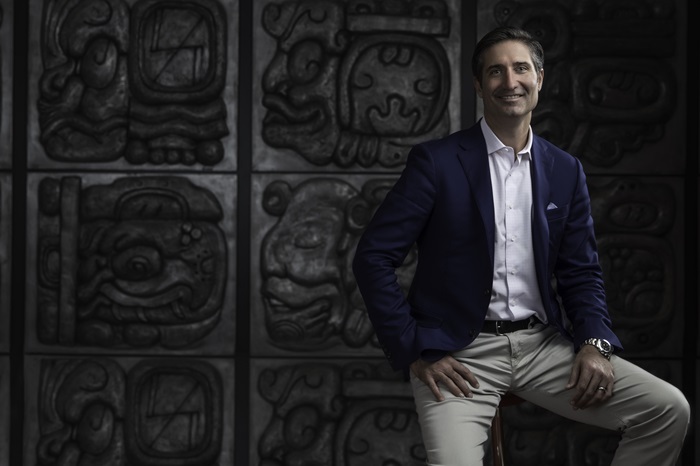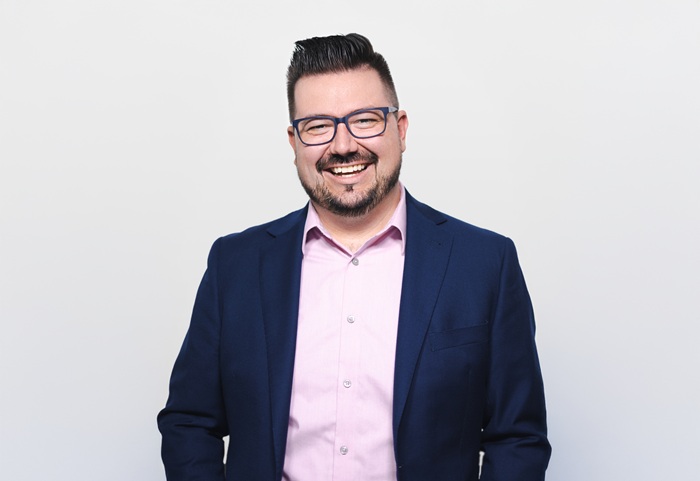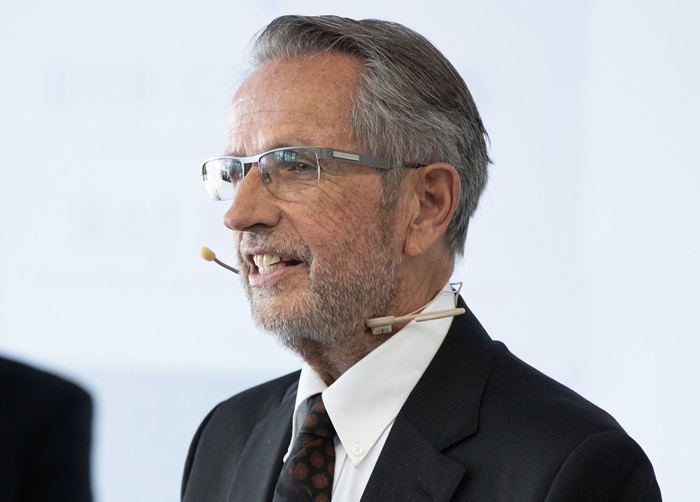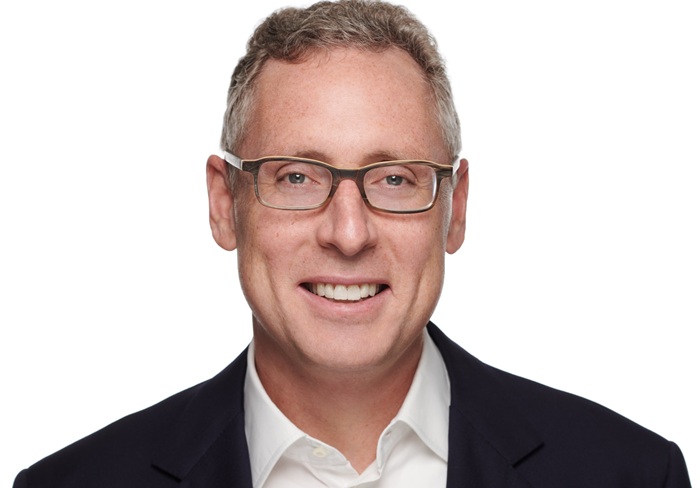The Words Brian Niccol Shared With Us While at Chipotle Bode Well for Starbucks
By Chris Benguhe, RaeAnne Marsh and Elaine Pofeldt | August 22, 2024 1:36 pm
Will Brian Niccol bring Starbucks the people-centric culture he used to turn Chipotle around?

Brian Niccol, the new CEO of Starbucks
We at the Center for Social Capital were thrilled to see one of our own Social Capital CEOs vindicated for his people-centric policies at Chipotle Mexican Grill by being offered the reins at Starbucks. What made Brian Niccol super successful at Chipotle and a great find for Starbucks is simple: He understands that people are the point of profit, and not the other way around. That’s why we honored him as a Social Capital CEO over and over again as part of our Social Capital. Network.
The question is, will he succeed using the same Social Capital principles and ideas that fueled Chipotle’s success for all the right reasons. We thought readers would love to hear in his own words what those principles are, and consider whether they could help him turn around the problems at Starbucks. So, we’ve taken powerful segments directly from our interviews with him over the last few years and are presenting them here.
When CEO Brian Niccol came over from Taco Bell a few years ago to Chipotle, the company was fighting for its life amid the disastrous ripple effects of two E. coli outbreaks. Many CEOs might consider slashing production costs and funneling funds into a massive public relations and advertising campaign to deal with such a crisis. Brian did exactly the opposite. He redesigned the whole company around the goal of delivering the highest quality food available even if it cost more to do so, and that’s a commitment he refuses to compromise on.
“I tell people all the time when they join our company, I’m like look, I know you’ll look at our food costs and the first thing you’ll tell me is we spend more on food than others,” Brian explained. “And I’m, like, well, I think we should, we’re a food company. If there is a place [where] we should be investing, we should be investing in food. And if that meant to invest further in terms of safety and to invest further in farmers and invest further in the supply chain to do it in a safe way, then we should be doing that.”
The proof is in the pudding, as they say. And Brian was able to point to results: “One of the things I’m really proud of is to see the progress we’ve made. It’s one thing to say we’re trying to be better, another thing to actually demonstrate that you are getting better. And I’m really proud of that. And when you spend time with, whether it’s our employees talking about the work we’re doing with a young farmer or helping a farm move to regenerative farming or organic soils, it lights up our employee because they get excited about the food and our company at another level. I think it excites our customers when they start to discover we really are trying to make ‘food fast’ done differently.”
Chipotle devoted itself to making sure it provides healthy food, served in a healthy place and produced in a healthy way that is good for consumers and the rest of the supply chain. And Brian made sure the company took care of all the employees who power Chipotle’s operations.
For instance, he noted after the Covid-challenged year of 2020, Chipotle still promoted more than 13,000 people throughout the company. “That’s a big deal. The reason why I think it’s important to share that with everybody is you may work in your one restaurant with your team of 30, and I think it’s sometimes helpful to give people perspective: ‘No, no; we’re really serious. If you are committed to developing your capabilities to match your ambitions, there’s so much growth opportunity for you. And look, just in the last year that you would assume nobody got promoted, we were able to promote 13,000-plus people.’”
For Brian, it’s not just a matter of helping people improve their productivity as employees. Under his leadership, Chipotle added programs to help employees earn college degrees. “It’s really exciting,” he shared. “One of the things that is a fact is when we get people enrolled into these programs, 1) they stay with us and 2) they usually grow with us. That’s the perfect outcome you’re looking for. It is, ‘Not only do we want you to stay with us, but we do want you to feel like you’re growing personally, and then, obviously you want to be growing professionally as well. And these programs — working with Guild and adding these additional degrees I think just are going to allow people to continue to grow.”
What Brian brings to Starbucks is a broad view of what a business can be. As he expressed it from the helm of Chipotle, “The thing that’s really powerful is — my hope is — people view Chipotle more than a company that’s just selling burritos. Hopefully, they see us as a partner in their community — both for employment opportunities as well as making a community that’s consistent with the idea of cultivating a better world. …
“Corporations are made up of people. They’re only as good as the people you can attract and retain. And the culture that you create defines the brand, and then that either says people want to be a part of it or they don’t. I feel that’s one of my big jobs — How do I keep the values and the purpose and culture rolling — because I do believe we’re working on the right strategies. We’ll hire the right people to get the execution, but the more I can champion the purpose and the values, the better I think our culture will be.”
Way to go, Brian. It’s a big win, not only for you but for Social Capital and people-centric business.




